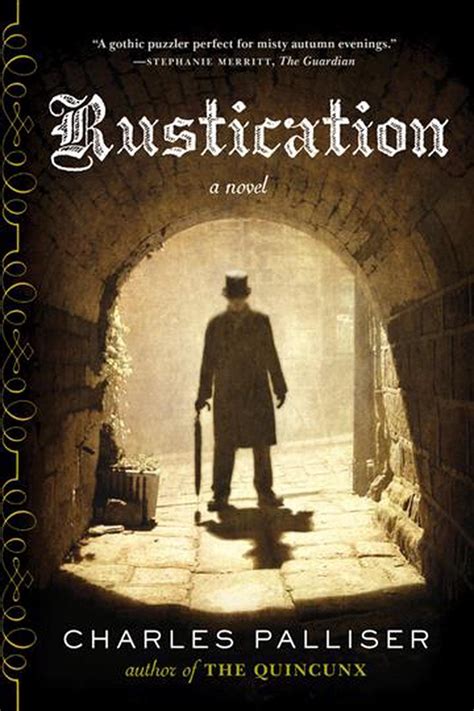A Quote by Charles Palliser
Victorian values meant brutalizing people who were often poor.
Related Quotes
I was brought up by a Victorian Grandmother. We were taught to work jolly hard. We were taught to prove yourself; we were taught self reliance; we were taught to live within our income. You were taught that cleanliness is next to Godliness. You were taught self respect. You were taught always to give a hand to your neighbour. You were taught tremendous pride in your country. All of these things are Victorian values. They are also perennial values. You don't hear so much about these things these days, but they were good values and they led to tremendous improvements in the standard of living.
Some ministers are fond of talking about a return to Victorian values. We must realise that those Victorian values are being expressed by some of the younger people in this society in shameful and disturbing disregard for other members of their generation who are not as fortunate as they are in having a job.
Period films to me are very often alienating to the audience. There's very often a formality. A staunchy quality to them that comes from the misenscene. It also comes from the performances of the actors, because they're acting Victorian which really means that they're just acting the way they've seen previous actors act Victorian.
Jesus refers to the poor over and over again. There are 2,000 verses of Scripture that call upon us to respond to the needs of the poor. And yet, I find that when Christians talked about values in this last election that was not on the agenda, that was not a concern. If you were to get the voter guide of the Christian Coalition, that does not rate. They talk more about tax cuts for people who are wealthy than they do about helping poor people who are in desperate straits.
Together they [President Nixon and Secretary Kissinger] pursued ends that frequently had a tenuous link with reality, using means that were not merely disproportionate but counterproductive and untrue to those values they were meant to defend. In fact neither man demonstrated much faith in those values.
You've probably heard about the theory of steam-engine time - that even after the steam engine had been invented, it had to wait until people were ready to make use of it. The same thing happens in literary circles. The truth is, I'm not terribly interested in Victorian times; I'm interested in Victorian writers. I'm interested in most eras of history, but not the Victorian Era especially. I was interested in the John Franklin Expedition. I was interested in these last five weird years of Dickens' life. And I just have to take the age that comes with all that when I write about it.
You are alive tonight for a reason. You were created to love and to be loved. You were not meant to be alone. You are not alone. You were meant to do life with other people. You need people who know you. You need to know people. Your voice matters. We are certainly strong. But we are also certainly fragile.
I'm completely uninterested in the origins of Stonehenge. I don't care about the real story behind it or whether it should be saved or not. What I'm interested in is this: in the Victorian era, you could go there as an early cultural tourist and you were given a chisel to chip off a bit of the stones and take it with you. That's what you did in Victorian times.
It had long been true, and prisoners knew this better than anyone, that the poorer you were the more likely you were to end up in jail. This was not just because the poor committed more crimes. In fact, they did. The rich did not have to commit crimes to get what they wanted; the laws were on their side. But when the rich did commit crimes, they often were not prosecuted, and if they were they could get out on bail, hire clever lawyers, get better treatment from judges. Somehow, the jails ended up full of poor black people.







































